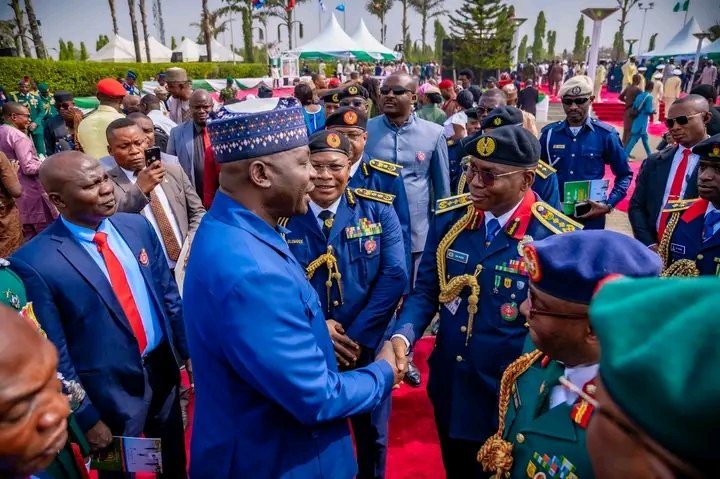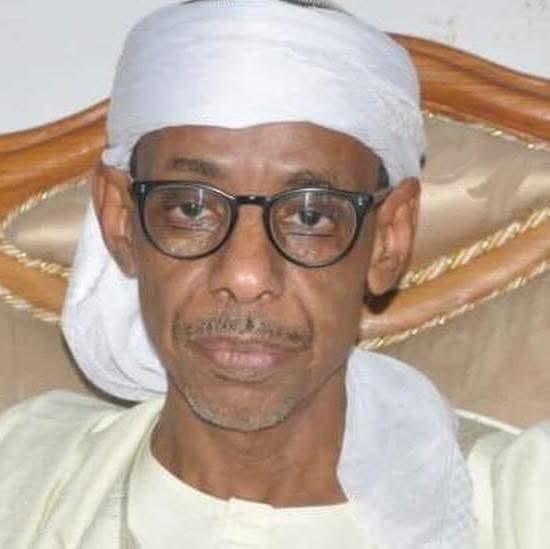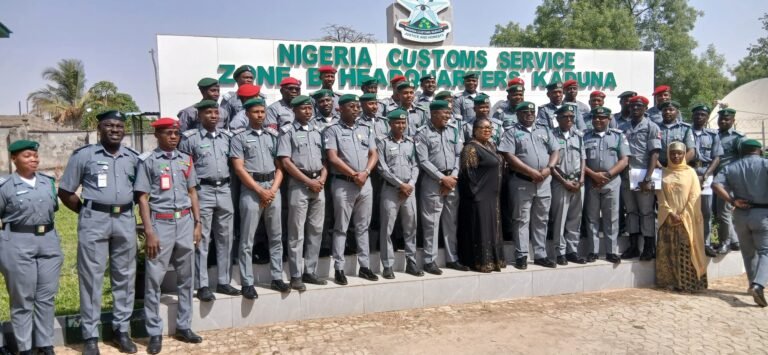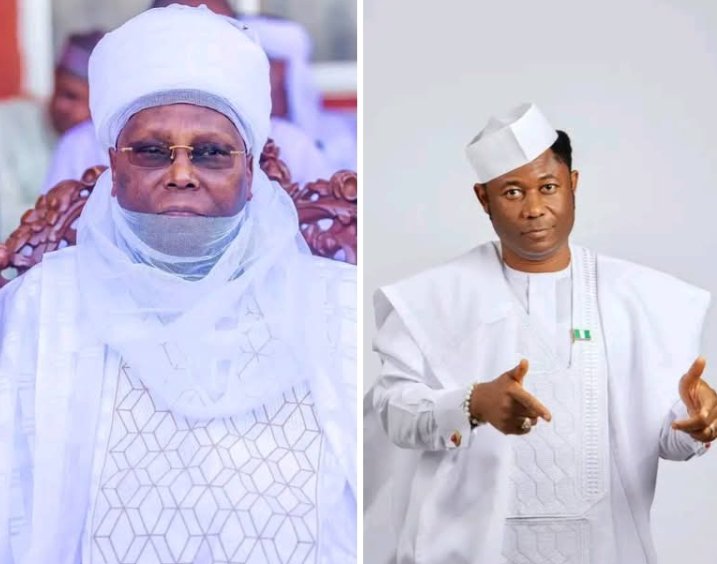
Baraden Nasarawa: Who is Fooling Who?
By Musa Danladi, Karu
July 16, 2025
In the intricate web of Nasarawa State’s political landscape, few figures have generated as much intrigue and controversy as Alhaji Musa Ahmed, the current Accountant General of Nasarawa State. Once a prominent legislator, Ahmed’s rise to power has been accompanied by a long trail of political maneuvering, often characterized by what many observers describe as opportunism, betrayal, and personal ambition cloaked in public service.
Ahmed first gained notoriety during his tenure as Speaker of the Nasarawa State House of Assembly, where his political tactics often left both allies and opponents questioning his loyalties. His role in initiating the impeachment proceedings against former Governor Umaru Tanko Al-Makura is frequently cited as a watershed moment — not merely for its constitutional implications, but for what it revealed about Ahmed’s willingness to exploit institutional power for personal gain. To many citizens, that episode signaled a pattern of self-serving politics that has only deepened with time.
Despite his controversial stint in the legislature, Ahmed was appointed Accountant General by Governor Abdullahi sule, a sensitive and strategic position that demands strict professionalism, fiscal discipline, and neutrality. In the first place his appointment violated civil service regulations. Appointing someone from outside the civil service—especially a politician—as the Chief Accountant of the state was inappropriate. Yet barely few months into his appointment, reports began to emerge suggesting that Ahmed had already shifted his focus from public finance to political ambition, eyeing the Nasarawa governorship ahead of the 2027 elections.
These rumours were initially dismissed by Ahmed himself, who publicly denied any intention to contest for higher office. However, multiple insider accounts and circumstantial evidence, including private meetings, political consultations, and resource mobilization efforts, point to a well-organized, behind-the-scenes campaign.
The emergence of the “Team Barade Movement 2027” — a structured political initiative with clear campaign overtones has significantly undermined Ahmed’s claims of neutrality. The movement has been spotted engaging stakeholders across the state, promoting Ahmed as a gubernatorial hopeful, including erection of bill boards, posters and promotional materials, while subtly laying the groundwork for a full-fledged campaign. This duality — denying political interest while simultaneously cultivating a political base raises questions not only about Ahmed’s honesty but about the integrity of public service in Nasarawa state.
Governor Abdullahi Sule, worried and perhaps sensing the growing tension and distraction among his appointees, directed the office of the secretary to the state government to issued a circular reminding any political appointee eyeing elective office in 2027 to resign. While not directly naming Ahmed, the governor’s message was widely interpreted as a veiled warning aimed squarely at him and others engaged in premature politicking. Governor Abdullahi Sule disturbed by the trend of events in the state also at the Nasarawa West stakeholders engagement held at Keffi hotel some weeks ago, repeated his warning against pre mature politicking. The governor’s statement also reflects a broader concern: that the machinery of governance may be compromised by individuals using their current positions as launchpads for personal ambition.
While it is every citizen’s right — including Ahmed’s — to contest for any political position under the Nigerian constitution, the timing and method of doing so matter greatly. Public office is a public trust. When a sitting Accountant General begins to divert attention and resources toward political campaigns, it raises serious ethical concerns and risks undermining the credibility and efficiency of state governance.
As things stands today, no one in Nasarawa State can claim to be unaware of his ongoing political activities. Even the most indifferent or uninformed individuals are aware of the Accountant General’s efforts to advance his gubernatorial ambition, using state resources. Before his appointment, it was an open secret that he struggled to support himself.
The critical question every concerned citizen of Nasarawa State should be asking is: from whose resources is he funding his campaign activities?
The people of Nasarawa expect and deserve leaders who are focused, transparent, and committed to the responsibilities they were appointed to fulfill. If Ahmed is truly interested in contesting for governor, political decency and professional ethics demand that he resign from his current post and pursue his ambition openly — not cloak it in denial while surreptitiously engaging in campaign activities.
In the end, the real question is not whether Alhaji Musa Ahmed has the right to run for governor — he does. The question is: Can Nasarawa afford a leader who masks ambition with denial, and turns public office into a political springboard at the expense of service delivery?
The citizens are watching. The truth will unfold. And in the game of political deception, time always tells who is truly fooling who.
Danladi is a public affairs analyst. He writes from Karu, Nasarawa State.








